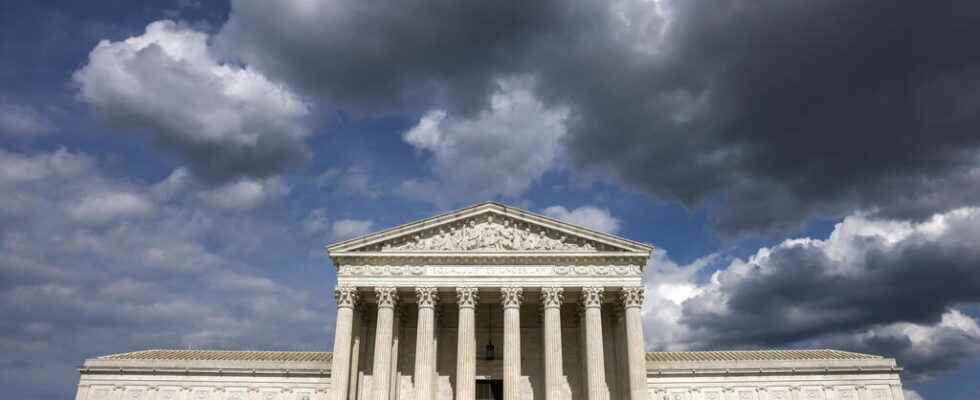New decision of the Supreme Court in the United States, the last of the annual session. And this time, the Court decided to limit the powers of the federal state in terms of greenhouse gas emissions.
With our correspondent in Washington, Guillaume Naudin
” This would be a sensible solution to respond to the current crisis. This is written in black and white by Chief Justice Roberts in the decision, and yet, this sensible solution, the Court decides to reject it.
The Federal Environmental Protection Agency (EPA) will therefore not be able to set a maximum threshold for pollutant emissions for existing fossil fuel power plants. It is not clear that Congress has given this power to the agency, it is still written.
It is a confirmation of the mistrust of the judges for the federal agencies and also for the current administration. Already in January, it had withdrawn from the federal state the power to impose the vaccination obligation in companies. Once again, the decision is issued by a Court divided along political fault lines. It is the majority of the six conservative judges who impose their vision on the three liberal judges.
In a parallel text, the minority judges regret, on the contrary, that the Court withdraws from the agency the power that Congress has given it to respond to the environmental challenge most pressing of our time. The Biden administration, which is studying measures in the context of the fight against climate change, will have to rely on something else. She must have expected that, given recent court rulings.
A “step back” in the fight against the environmental crisis
UN Secretary General Antonio Guterres ruled Thursday through a spokesperson that the US Supreme Court ruling limiting the means of the federal state to fight against global warming marked a “ retreat in the fight against the environmental crisis. ” We can say that this is a setback in our fight against climate change, when we are already far behind in achieving the objectives of the Paris agreement adopted in 2015, notes the spokesperson in a press release.
This decision, which could more broadly complicate all the regulatory efforts of the American State, was considered catastrophic by the American executive and organizations for the defense of the environment.
” But we must also remember that an emergency of such a global nature as climate change requires a global response, and that the actions of any one nation should not and cannot make or break whether or not we achieve our goals for the climate “, underlines the press release.
►Listen: Climate and strategic issues
(and with AFP)
